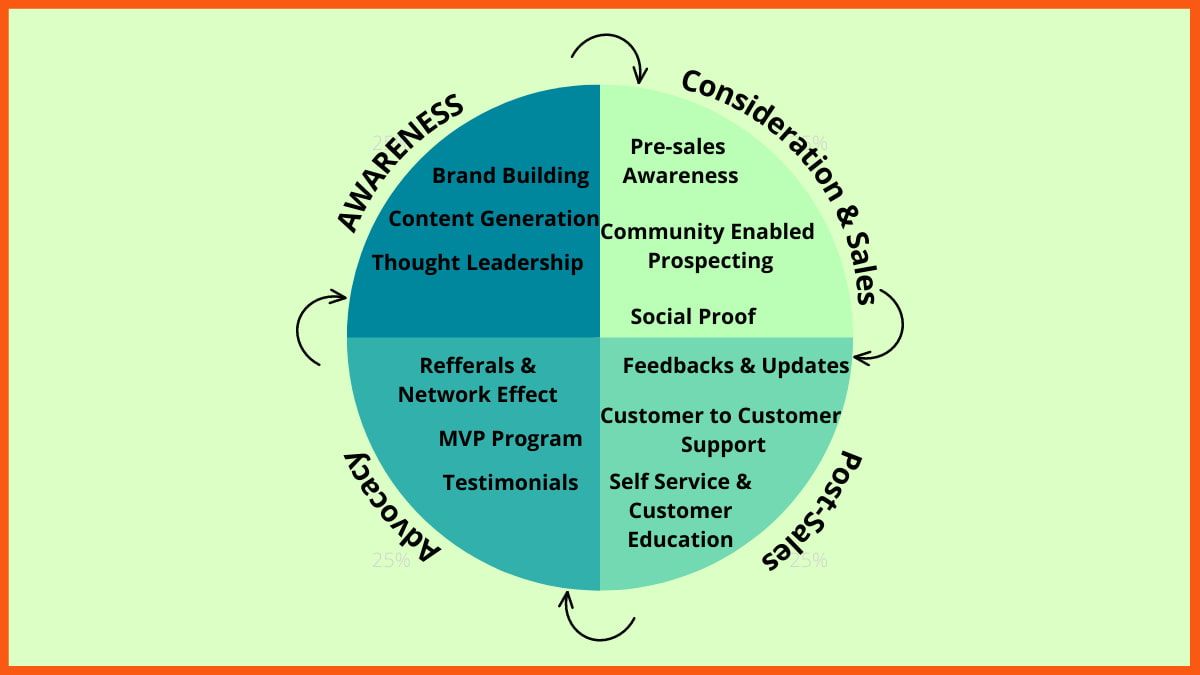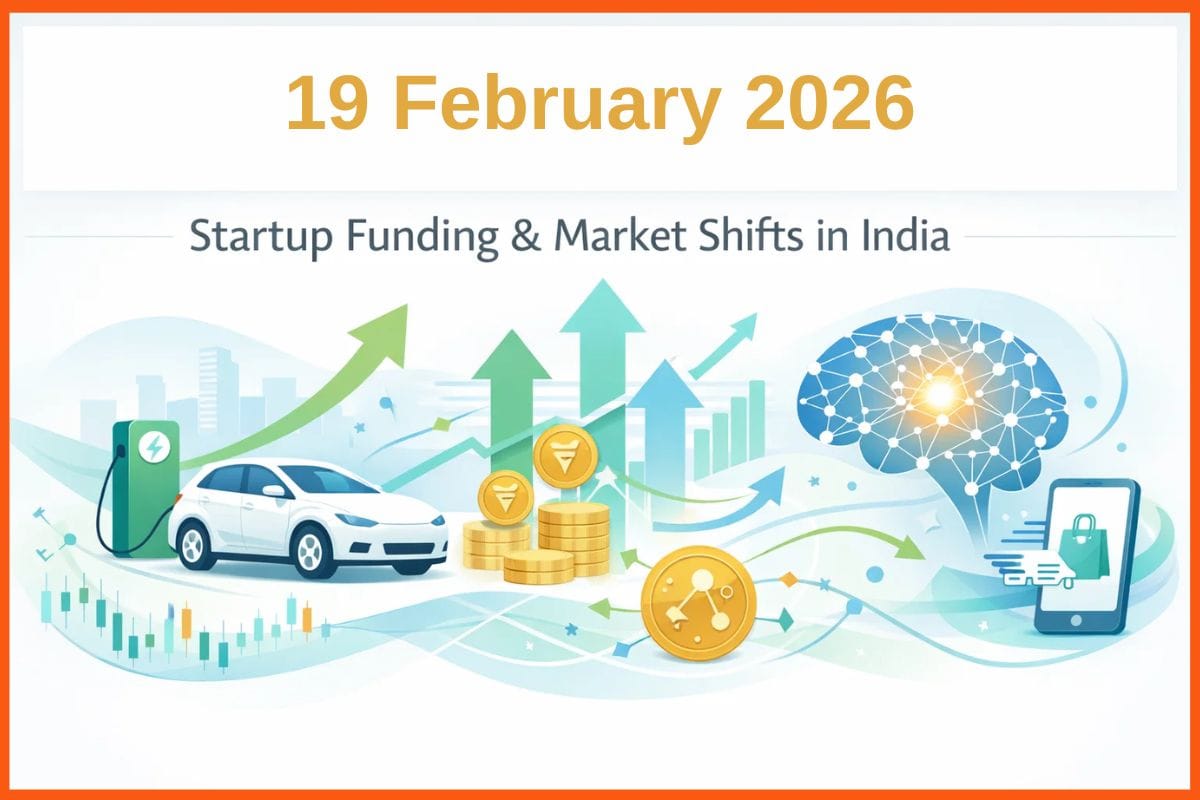9 Ways To Improve The Activation Rate For Your SaaS
💻 SaaS
Real money or revenue for a SaaS does not lie in customer acquisition. You might get thousands of users signing up and then ghosting away. A user that does not even use the product can not convert anyway. So, where to lay focus at? Activation rate.
Activation rate is a private metric vital for every SaaS business. Imagine, you have a cap table management tool. A user signs up, goes through the demo, and does not enter a single value in the software. It means the user did not derive any value from the product.
Every marketer should focus on the activation rate to understand how many people use the product. It involves various steps to determine the activation rate. Firstly, let us see what is the activation rate. Then, we will look at some strategies to enhance the activation rate.
Activation Rate For Your SaaS
What is the Activation Rate?
9 Ways to Optimize the Activation Rate
- Interactive Workflows
- Personalization
- Dedicated Onboarding Email Series
- Case Studies
- Live Chat
- Map Customer Journey
- Online Community
- Provide Checklists
- How do you Measure the Activation Rate?

What is the Activation Rate?

Activation rate is a percentage metric that shows how many users use your product. It depends upon a certain milestone, criteria, or checkpoint.
For instance, you sign up for a B2B growth hacking webinar. What is the point if you do not check the emails from the company for confirmation or event details? It clearly shows that you will miss this event.
Similarly, the activation rate focuses on certain milestones to understand if the user is extracting any value from the product. Let us take the example of Trello. It is a project management tool. Activation points could be creating a workspace or adding cards on the board. These checkpoints are unique for every business. You determine the activation milestones of your business by:
- Understanding different use cases
- Types of the target audience
- Identifying minimum steps to achieve the value of the use case
So, you start by understanding the different use cases of your product. This is followed by different personas to address. Finally, you look for milestones that tell if the user achieved value.
Taking forward the Trello example, some use cases could be: setting up a personal workspace, using boards for collaborating teams, using multiple boards to segregate departmental work, etc. Personas could be managers, freelancers, small team owners, founders, etc. So, the activation points become:
- Setting personal workspace: adding cards, using description/ other fields
- Collaborating teams: adding people to the board, adding people to cards, adding descriptions and files
- Streamline departmental work: creating multiple boards, adding people, creating tasks and adding people, adding power-ups
The activation rate directly impacts SaaS growth and revenue. An average activation rate is 20-40% for freemium and free trial products respectively. Below are 10+ ways to optimize the activation rate.

9 Ways to Optimize the Activation Rate

The main aim of the activation rate is to show the product value to the users. Optimization focuses on improving the onboarding process and engaging users. In a nutshell, it involves providing customer support, seamless onboarding, and lifecycle emails.
Interactive Workflows

Many SaaS brands opt for product demos or self-service demos in case of complex installation or setup. But there are chances that customers might find the product complex and face a lot of friction. These are great for products with limited functionality and features. But if your product has a lot of elements and features, an interactive workflow or concierge onboarding is effective.
The interactive workflow involves navigation through screens that work on trigger-based prompts. It is customizable and scalable. Also, with simple targeting and segmentation, you get away with hiring personnel for onboarding.
Personalization

One time I checked out the HubSpot sales page randomly. The next day, I received an email from their team. They were checking if I needed any products or help to get started. This was relevant, personal, and effective.
Personalization can improve customer experience. They feel connected and engage with the product. For example, a marketing SaaS product could send personalized resources or recommendations based on user activity. You could either deploy heat maps or activity-based triggers to personalize the user experience.

Dedicated Onboarding Email Series

A dedicated onboarding email series can improve product engagement. You could use this series of emails to welcome users, highlight features, send reminders for trial expiration, and much more. With simple and clear copy, you could communicate the brand story, and USP, get feedback, and set future expectations.
Also, the onboarding emails have a 50% open rate, 86% higher than regular emails. This means you have a much higher chance to motivate and engage users.
Case Studies

Case studies can motivate users to use the product to achieve a desirable result like other users.
What if I told you that Berlin saw an increase of 346% in customers by opting for BigCommerce for setting up their eCommerce store? You would look into what worked for them and employ similar strategies.
Social proof gives the user a picture of what they can achieve with your product.
Live Chat

Over 43% of customers prefer live chat over any other customer support channel. It is fast, convenient, and solves queries almost immediately. It gives you a better understanding of user problems and improves conversion and retention.
You just need to have trained people to handle live chat effectively. You can improve live chat support by leveraging canned responses and simple language. Read tips on live chat support to boost customer satisfaction.

Map Customer Journey

What if you sign up for a product that requires multiple departments to install and operate? You would avoid such a complex product or look for support from the business.
Mapping the customer journey helps you find out loopholes. You should aim at simplifying the onboarding with lesser steps and clear language. You can install heatmaps, estimate journeys, and talk to customers to find loopholes.
Either way, make the product experience effortless and inclusive. Work on the product performance and eliminate any gaps that bug users.
Online Community

Many businesses are leveraging the online community to connect and engage with their user. It caters to a specific target audience and aims to provide value by bringing like-minded people together. How does it impact activation?
Firstly, you could use this community to share content that stimulates people to use the product. A specific case study could motivate users to hop on to the product and leverage certain features. Also, addressing specific customer pain points motivates them to use the product.
Provide Checklists

How many times do you forget a task from your to-do list? Rarely!
In-app checklists help the user to explore different features and improve product engagement. This combined with relevant prompts could boost your activation rate. For instance, a checklist for Gmail is:
- Adding signature
- Enable desktop notification
- Personalize settings
- Creating labels
A checklist like this keeps the user hooked and increases activation.

How do you Measure the Activation Rate?

The activation rate is a percent metric showing number of active users. It can be calculated by a simple formula:
Activation Rate= Total number of active users/ Total users X 100
In addition to this, you could look at these activation metrics such as feature adoption and the ratio of the daily active users to monthly active users.
Feature adoption highlights a particular feature used the most by the user. This could help you understand your most-used features. You could hone about these and drive your new users there to maximize activation.
The ratio of the daily active users to monthly active users indicates the difference between the number of users active daily and monthly. Like, there could be scenarios where users used the product for some days or opted for your product only during a specific time of the year. For example, an edTech app will have more users during the examination period. So, by tracking this, you could understand the customer journey and refine personas.

Conclusion
The activation rate can impact your profits. It is not only about tracking metrics but focuses on improving user experience. A poor activation rate indicates a complex product with a lot of friction. It could also mean that users do not see a clear purpose for using the product. Activation optimization increases the business revenue as well as the total number of loyal customers.
Must have tools for startups - Recommended by StartupTalky
- Convert Visitors into Leads- SeizeLead
- Website Builder SquareSpace
- Run your business Smoothly Systeme.io
- Stock Images Shutterstock







